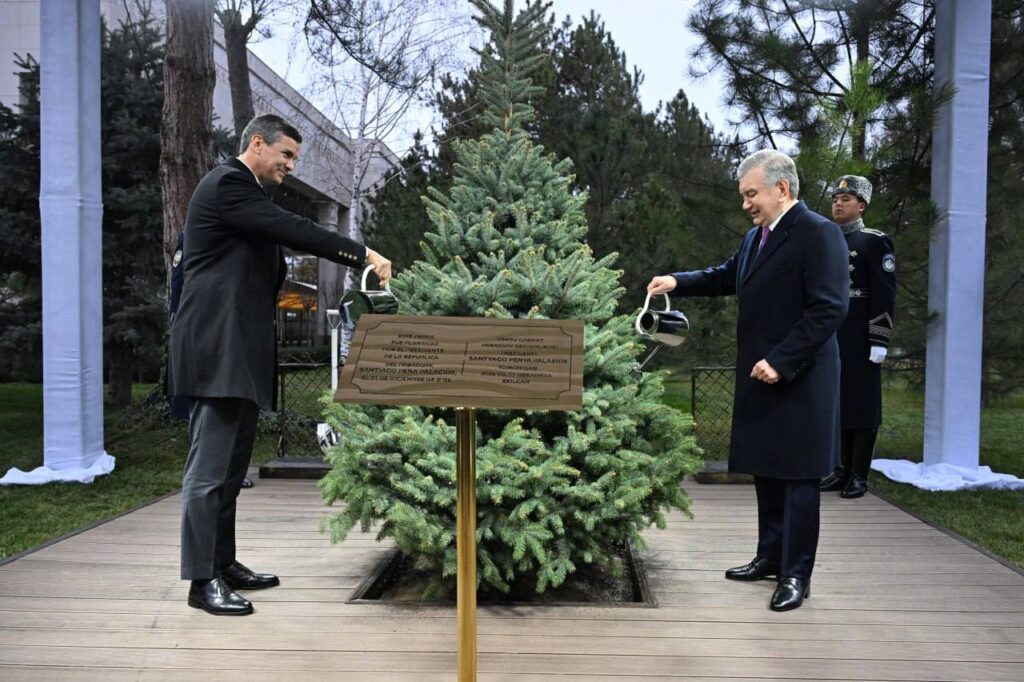The Contested Legacy of Kazakhstan’s Independence Day: From Sovereignty to Unrest and Reinvention
On December 16, 2025, Kazakhstan marks the 34th anniversary of its independence. The story of this national holiday mirrors the nation’s own complex path toward sovereignty and statehood. A Difficult Legacy On December 16, 1991, Kazakhstan adopted the Law “On State Independence of the Republic of Kazakhstan,” officially becoming the last Soviet republic to leave the USSR. The date came at the tail end of the so-called “parade of sovereignties,” when other republics had already declared independence. This delay led to a popular saying: “Kazakhstan turned off the lights in the USSR.” In the early years of independence, the holiday was celebrated widely, often with several days off. Yet the date also evokes painful memories. Just five years earlier, in December 1986, the capital city of Alma-Ata (now Almaty) witnessed what are now known as Jeltoqsan köterılısı - the December Events. On December 16, 1986, the Communist Party of Kazakhstan abruptly dismissed First Secretary Dinmukhamed Konaev and replaced him with Gennady Kolbin, a party official from the Russian city of Ulyanovsk with no ties to the republic. This Moscow-imposed decision sparked protests by students and young people that turned violent. While the full causes and consequences remain partially unexplored, the uprising is widely seen as an early expression of resistance to Soviet central control and the imposition of non-Kazakh leadership. The protests were brutally suppressed. For several days, unrest continued in the city, with some incidents fueled by ethnic tensions. In the years since, the December Events have become symbolic of both state repression and the early stirrings of Kazakh nationalism. Because of the proximity of dates, many citizens continue to conflate the date of independence with the December Events. For years, the national holiday was therefore overshadowed by grief and division. Unrest in the Oil Region Independence Day was further marred in 2011 by violent unrest in the oil-rich Mangistau region after months of unresolved labor disputes. On December 16 of that year, striking workers from the OzenMunaiGas company in the town of Zhanaozen clashed with police after demanding higher wages. The protests escalated into riots, with government buildings, hotels, and vehicles set ablaze. ATMs were looted, and a state of emergency was declared. Official figures state that about 20 people were killed and over 100 were injured. The Zhanaozen tragedy underscored deep socioeconomic disparities, particularly in regions rich in resources but lacking infrastructure and basic services. From Old to New Kazakhstan Over time, Independence Day became closely associated with unrest and national trauma. Analysts suggest that full investigations into the December 1986 and 2011 events were hindered by the political legacy of Nursultan Nazarbayev, Kazakhstan’s first president. Nazarbayev held senior posts during the Soviet period and later presided over the country during the Zhanaozen crackdown. In June 2019, Kassym-Jomart Tokayev succeeded Nazarbayev as president and launched a platform of gradual political reform. However, his efforts were reportedly obstructed by entrenched elites aligned with the Nazarbayev era, often referred to as “Old Kazakhstan.” Public discontent boiled over again in January...






